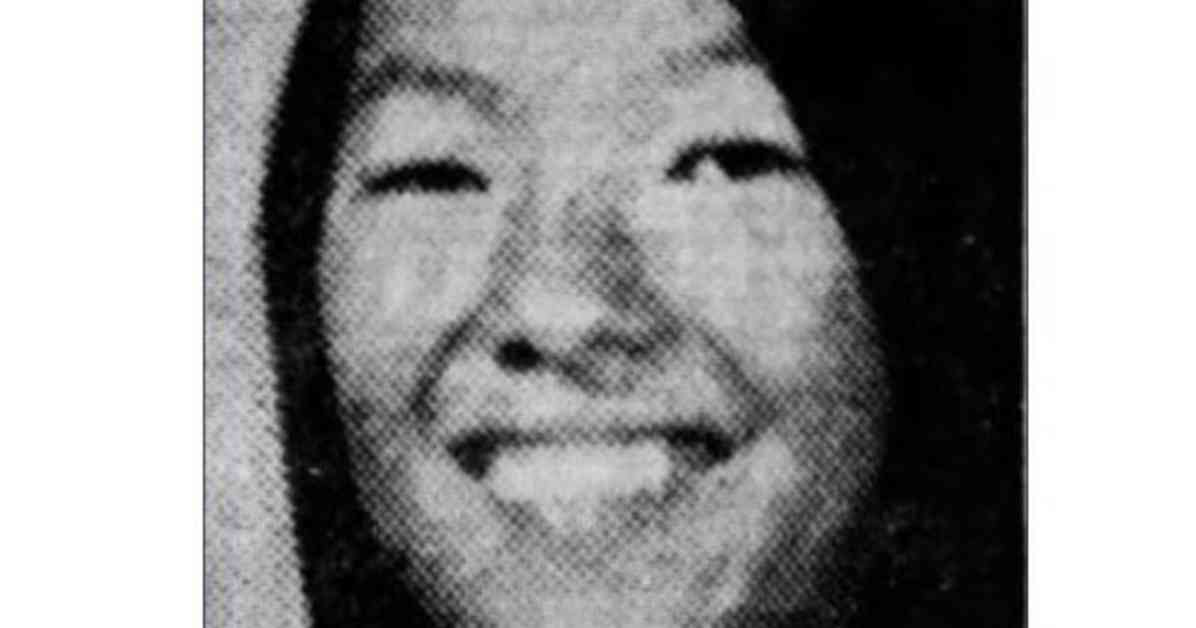New DNA Technology Cracks Decades-Old Cold Case in Hawaii
In a stunning turn of events, new DNA technology has shed light on a chilling cold case that has gripped the McKinley High School community in Honolulu for nearly half a century. The year was 1977 when the life of 16-year-old Dawn Momohara was tragically cut short, leaving a community in mourning and a family shattered. The unsolved murder remained a dark cloud over the school until last week when a 66-year-old resident of a Utah nursing home, Gideon Castro, was apprehended by authorities.
Former Hawaii lawmaker Suzanne Chun Oakland vividly recalls the day she arrived at school to the somber news of Momohara’s untimely death. The atmosphere was heavy with grief as students and staff grappled with the shock of the brutal crime. “I think for our student body, of course there’s that concern that what if he’s still out there and he does it to somebody else,” Chun Oakland remarked, reflecting on the lasting impact of the tragedy.
On March 21, 1977, Honolulu police made a gruesome discovery in the school building, finding Momohara’s lifeless body in a chilling scene of violence. She had been sexually assaulted and strangled, leaving a community in shock and disbelief. The details of that fateful day have remained vivid for Grant Okamura, the school’s band teacher at the time, who recounts the heart-wrenching moment when Momohara’s sister, one of his students, learned of the tragedy.
Despite the passage of more than four decades, the memory of Momohara’s murder has lingered as a painful scar in the hearts of those who knew her. The relentless efforts of law enforcement to crack the case have finally borne fruit with the aid of cutting-edge DNA technology. Cold case detectives revisited the evidence in 2019 and were able to develop a DNA profile from items found at the crime scene, including Momohara’s underwear.
In a riveting turn of events, police honed in on potential suspects, eventually zeroing in on Castro and his brother, who were linked to Momohara through school events in 1977. A covert operation in Chicago led to the collection of DNA samples from the brother’s adult children, ultimately pointing to Castro as the perpetrator of the heinous crime. He was arrested last week in Utah on suspicion of second-degree murder, closing a dark chapter in Hawaii’s history.
For Chun Oakland, who went on to become an advocate for victims’ rights through her work in the Hawaii Senate, the arrest of Castro brings a sense of closure and justice to a case that has haunted her for decades. As she reflects on the impact of Momohara’s death on the community, she underscores the importance of preserving evidence and seeking justice for victims, no matter how much time has passed.
The arrest of Castro serves as a testament to the power of modern forensic technology in unraveling the mysteries of the past and bringing long-overdue closure to families and communities. The journey from a cold case file to a courtroom trial is a testament to the dedication and perseverance of law enforcement officials who tirelessly pursue justice, no matter how elusive it may seem.
As the McKinley High School community grapples with the revelations surrounding Momohara’s murder, the arrest of Castro marks a significant milestone in a case that has defied resolution for decades. The echoes of the past may fade with time, but the pursuit of justice endures, offering hope to those who seek closure and solace in the face of unspeakable tragedy.























